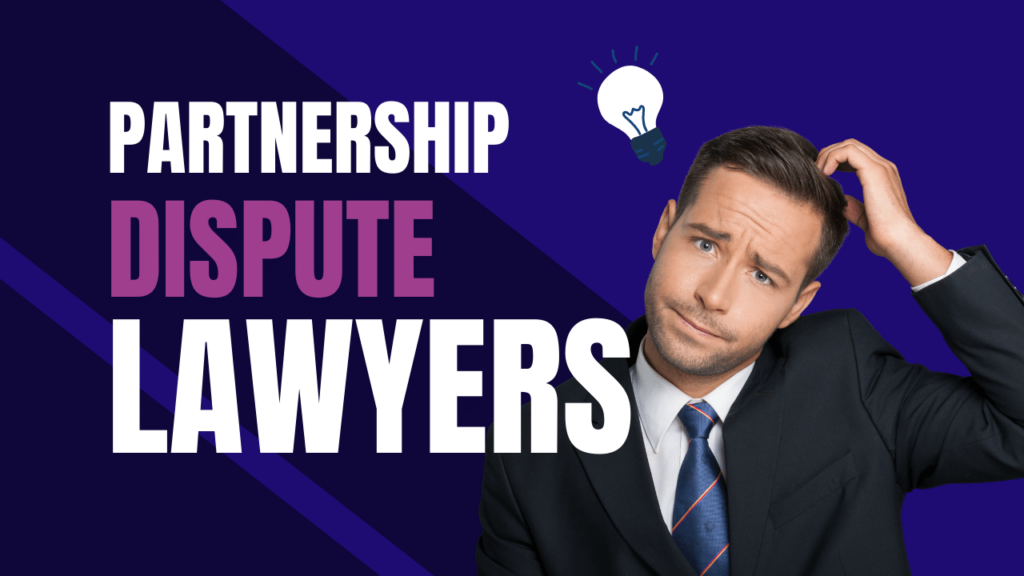Specific Performance of Contract in Court

Legal Remedies: Specific Performance of Contr Explained Introduction Specific performance of contract is a powerful equitable legal remedy in contract law that mandates a party to fulfill their contractual obligations according to the exact terms of the agreement. This remedy is typically requested by a plaintiff against a defendant as the injured party to a […]
Cannabis Litigation Lawyers

The cannabis industry, while experiencing rapid growth, faces a unique and evolving legal landscape. From licensing disputes to product liability concerns, navigating legal challenges requires specialized expertise. Whether you’re a cultivator, processor, dispensary owner, or investor, understanding cannabis litigation is crucial for protecting your interests and ensuring compliance. This comprehensive guide dives into the complexities […]
The Art of Dispute Resolution: A Guide for Business Owners

Conflict in business is like navigating uncharted waters: complex, uncertain, and potentially perilous. Without a compass to guide you through the dispute resolution process, you could sail into danger that could have been avoided with the tips and tricks in this blog post. Armed with understanding and strategic acumen, steering through challenges from trial in a […]
The Importance of Having an Experienced Commercial Litigation Lawyer in Chicago

When it comes to commercial litigation, having an experienced lawyer by your side can make the difference between winning or losing a case. In Chicago, a city that is the financial hub of the Midwest, businesses face unique legal challenges that require a deep understanding of the local laws and regulations. An experienced commercial litigation […]
How to Win Your Commercial Litigation Case in Chicago

Commercial litigation cases in Chicago can be complicated and costly, but with the right approach, you can increase your chances of winning. The first step is to hire a skilled lawyer who has a deep understanding of commercial law and experience with litigation. They will guide you through the legal process, provide legal advice, and […]
What to Expect During a Commercial Litigation Case in Chicago

Commercial litigation cases in Chicago can be a complex and lengthy process. Generally, the case begins with drafting and filing the complaint, which outlines the plaintiff’s claims and legal theory for relief. The defendant then has a chance to respond to the complaint. The case may involve a discovery process where both parties exchange evidence […]
How to Choose a Commercial Litigation Lawyer in Chicago

When selecting a commercial litigation lawyer in Chicago, there are several factors to consider to ensure that you choose the right professional to represent your business interests. Firstly, you should look for someone who has experience in handling commercial litigation cases. This expertise assures you that your lawyer can navigate complex business matters to achieve […]
Expert Breach of Contract Lawyers for Your Business Needs

As a business owner, you rely on contracts to protect your interests and ensure that deals are honored. However, sometimes agreements are breached, leaving you in a tough spot. That’s where breach of contract lawyers come in – they’re legal experts who can help you navigate the complex world of contract disputes and lawsuits. In […]
What are reasons to sue a company? Understanding Your Legal Rights

What are the most common causes of action when suing a company? What are reasons to sue a company? When a person decides to sue a company, there are several causes of action that they may pursue depending on the circumstances of their case. Here are some of the most common causes of action when […]
Partnership Dispute Lawyer

When do you need a partnership lawyer for your business? If you are a partnership experiencing disputes, it is crucial to consult with partnership dispute litigation lawyers to protect your business interests. Our partnership dispute lawyers have experience handling all types of disputes, including breach of fiduciary duties, misappropriation of business opportunities, minority rights violations, […]


